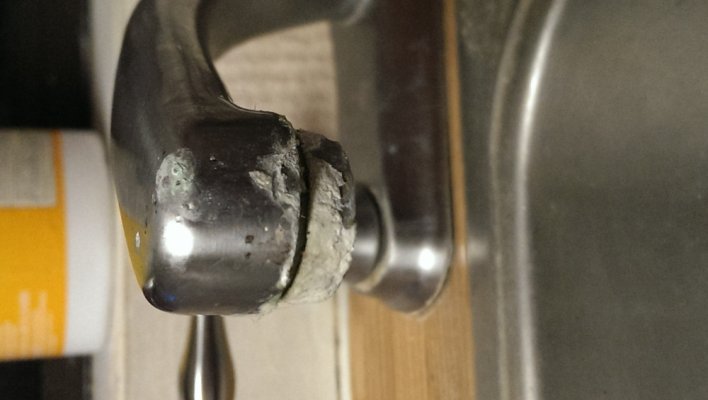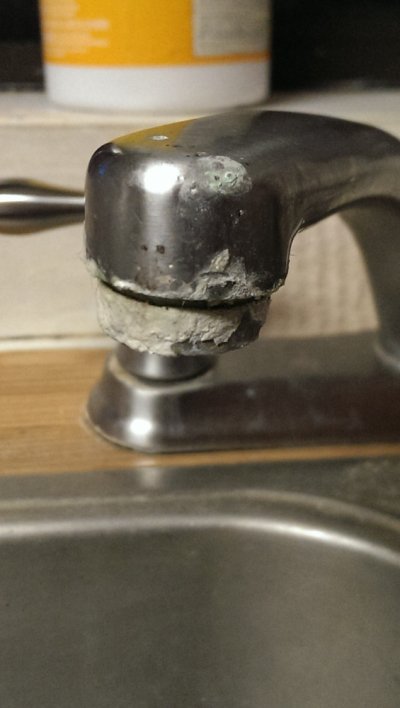Hi all
I have decided to put together a fish tank, last time I had one was over 20 years ago. Because of the large gap and the advancement of technology, I have to consider myself a noob.
So here is my problem. I have been doing a fish-less cycle in accordance to the guide I found on this site written by eco23. Got a link for you all - http://www.aquariumadvice.com/forum...guide-and-faq-to-fishless-cycling-148283.html
Everything has been going according to plan, until now. My PH is crashing. There is a section in the guide that talks about how this could happen, and recommends using crushed coral to bring the PH back up. So I did a PWC as recommended and picked up some crushed coral yesterday. I put a few hand fulls in a cheese cloth bag that is now hung in my tank. After 24 hours, I am still seeing the PH drop quickly. My ammonia is no longer dropping to 0 in 24 hours, and my Nitrites have stopped dropping. So it looks like my cycle has stalled.
A few more facts for you all before you give me advise on what to do.
I get my water from an osmosis machine at a grocery store down the road. Normally the water comes out of the machine with very low chlorine, no nitrites, and no nitrates. When I first started to get water from this location the water was around a 7.5 PH. They must have services the machines because the water now comes out at about 6.2 PH or less. I had not done any water changes between the time it was 7.5 and now that it is 6.2. So the crash started before the PWC, but the PWC only helped a small bit.
So am I using the crushed coral wrong? Is there a better way to bring the PH up and stabilize it? Any advice would be appreciated.
I have decided to put together a fish tank, last time I had one was over 20 years ago. Because of the large gap and the advancement of technology, I have to consider myself a noob.
So here is my problem. I have been doing a fish-less cycle in accordance to the guide I found on this site written by eco23. Got a link for you all - http://www.aquariumadvice.com/forum...guide-and-faq-to-fishless-cycling-148283.html
Everything has been going according to plan, until now. My PH is crashing. There is a section in the guide that talks about how this could happen, and recommends using crushed coral to bring the PH back up. So I did a PWC as recommended and picked up some crushed coral yesterday. I put a few hand fulls in a cheese cloth bag that is now hung in my tank. After 24 hours, I am still seeing the PH drop quickly. My ammonia is no longer dropping to 0 in 24 hours, and my Nitrites have stopped dropping. So it looks like my cycle has stalled.
A few more facts for you all before you give me advise on what to do.
I get my water from an osmosis machine at a grocery store down the road. Normally the water comes out of the machine with very low chlorine, no nitrites, and no nitrates. When I first started to get water from this location the water was around a 7.5 PH. They must have services the machines because the water now comes out at about 6.2 PH or less. I had not done any water changes between the time it was 7.5 and now that it is 6.2. So the crash started before the PWC, but the PWC only helped a small bit.
So am I using the crushed coral wrong? Is there a better way to bring the PH up and stabilize it? Any advice would be appreciated.


